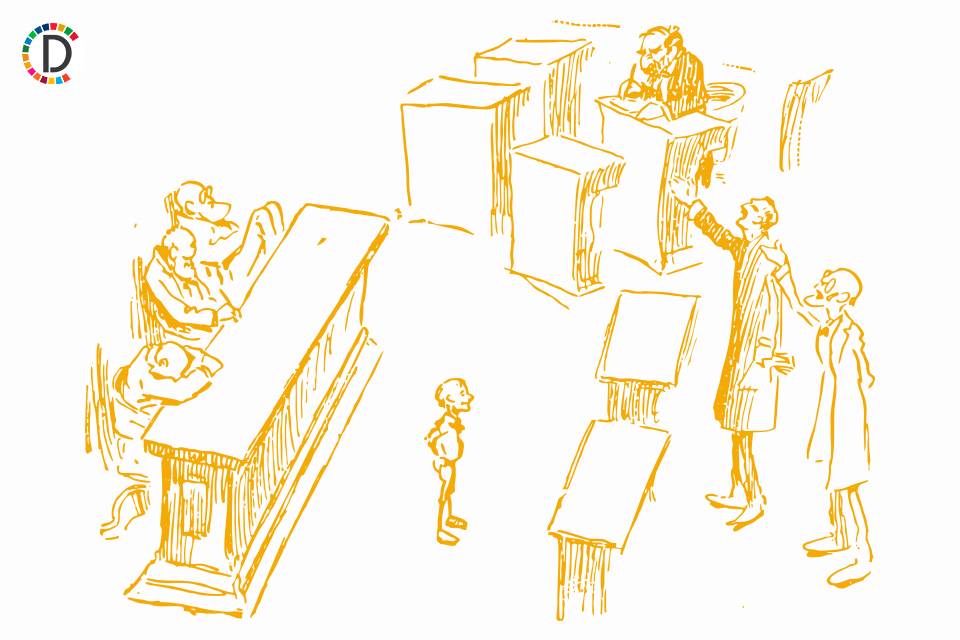Babri mosque demolition: Appellants seek more time to file reply to CBI's objection
The bench had then granted time to appellants to respond to the preliminary objection.The appellants, however, sought more time to file their response.

- Country:
- India
The Allahabad High Court on Monday deferred till October 31 the hearing of an appeal challenging the acquittal of all 32 accused, including former deputy prime minister LK Advani and the then Uttar Pradesh chief minister Kalyan Singh, in the Babri mosque demolition case.
The hearing was deferred by a Lucknow bench of justices Ramesh Sinha and Renu Agarwal as the appellants' counsel sought more time to file a reply against the preliminary objection filed by the CBI during the previous hearing against the maintainability of the appeal.
Senior BJP leaders MM Joshi, Uma Bharti, Vinay Katiar, Sadhvi Ritambhara and Brij Bhushan Sharan Singh are among the other accused in the case.
The appeal has been filed by two Ayodhya residents – Haji Mahmood Ahmad and Syed Akhlaq Ahmad On September 5, the CBI filed a written preliminary objection against the appeal. The bench had then granted time to appellants to respond to the preliminary objection.
The appellants, however, sought more time to file their response. The duo has claimed in the petition that they were witnesses in the trial against the accused and were among the victims of the demolition of the disputed structure.
In its objection, the CBI had stressed that the two appellants were not complainants or victims of the case and as such, they cannot file an appeal as a '''stranger''' against the verdict of the trial court.
The Babri mosque was demolished by Karsewaks on December 6, 1992. After a long legal battle, the special CBI court on September 30, 2020 pronounced the judgment in the criminal trial and acquitted all the accused.
The trial judge had refused to believe newspaper cuttings and video clips as evidence as the originals of the same were not produced, while the entire edifice of the case rested on these pieces of documentary evidence.
The trial judge also held that the CBI could not produce any evidence that the accused had a meeting of mind with Karsewaks who demolished the structure.
Assailing the findings of the trial court, the appellants have contended that the trial court committed an error in not convicting the accused when ample evidence was on record.
"The trial judge did not appreciate the evidence of conspiracy in the right perspective,'' the appellants claimed.
The appellants have sought the setting aside of the judgment of September 30, 2020.
(This story has not been edited by Devdiscourse staff and is auto-generated from a syndicated feed.)
ALSO READ
Uttarakhand Premier League invites applications to acquire franchise
Banbhoolpura violence: Wife of mastermind arrested from Uttar Pradesh
BJP govt spent Rs 1,200 crore for drinking water, Rs 64 crore for MGNREGA in Uttarakhand: BJP chief Nadda
Helping Modi return for 3rd term your national responsibility: Nadda to Uttarakhand voters
Helping Modi return as PM for 3rd term national responsibility: Nadda tells Uttarakhand voters










